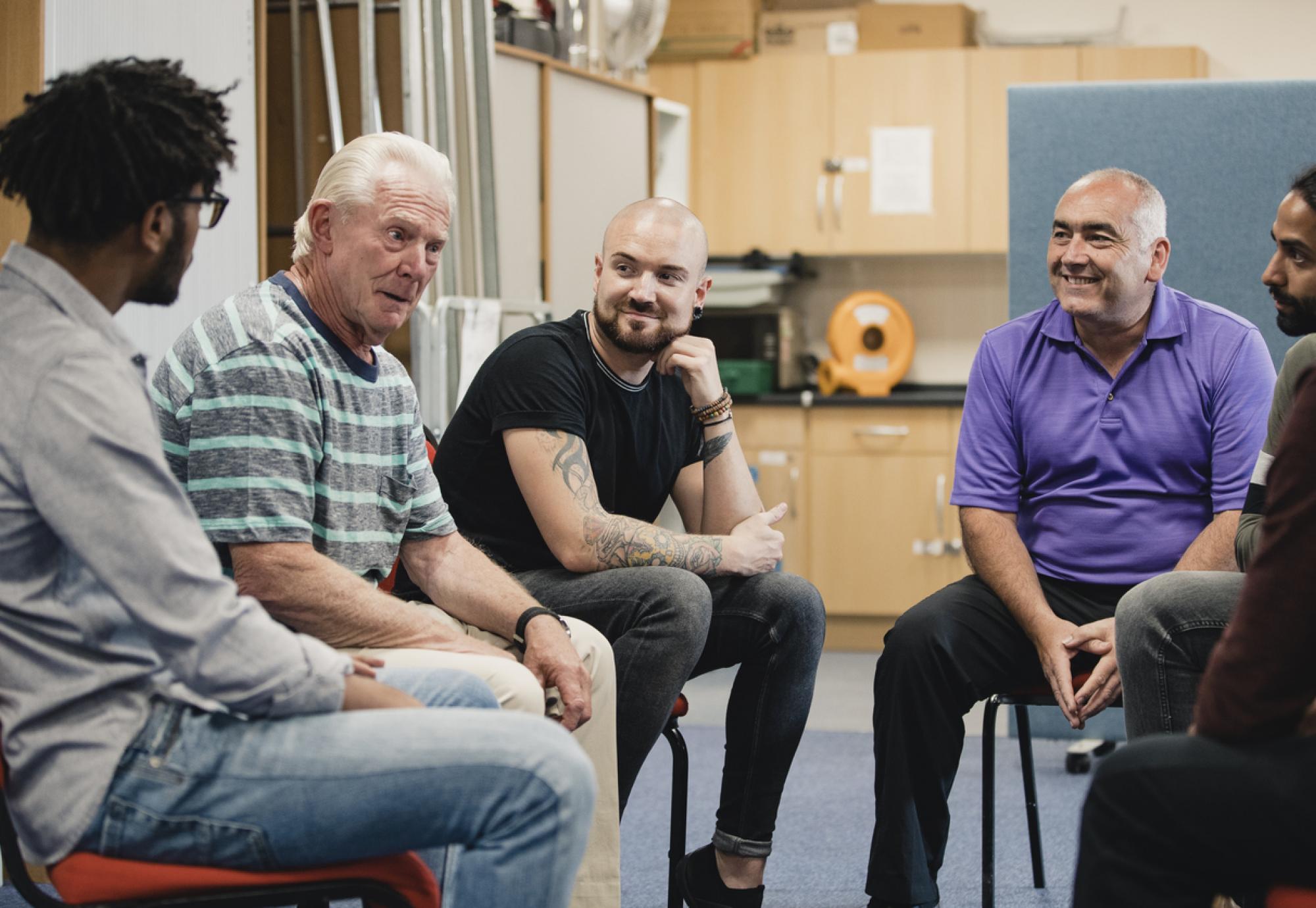Mid and South Essex NHS FT’s Basildon Hospital has been awarded a £40,000 research grant, to help patients needing specialist treatment for heart conditions, and their families across Essex.
It will enable a specialist team at the Essex Cardiothoracic Centre (CTC) to create a support network of virtual sessions, digital educational videos, and leaflets to help cardiac survivors and their families when they are discharged home.
The research project is expected to begin in September, aiming to improve patients’ lives through the added support. It will include recommended coping strategies for common mental health difficulties associated with an out-of-hospital cardiac arrest (OHCA), which is thought to positively impact the quality of life for cardiac arrest survivors and their families.
Dr Thomas Keeble, Consultant Cardiologist, and Senior Research Fellow at the CTC said: “Although many of those survivors will make a ‘good’ recovery, there is evidence that surviving an OHCA can lead to long-term physical, cognitive and psychological difficulties. Our two-year study will set out to measure the impact of post-discharge support and education on the longer-term quality of life for patients.”
The cardiac arrest survivors who are chosen to be part of the research will have four post-discharge Zoom video sessions, run by specialist nurses and therapists. Each of the sessions will concentrate on issues usually reported by OHCA survivors, including anxiety, depression, cognitive challenges, and fatigue.
Information leaflets specifically focussed on the management of the issues discussed in each session, will be made available to the survivors and families. Short videos on the same topics will also be available to stream before and after each session, which is hoped to encourage discussions during the virtual group sessions.
It is estimated that there are around 30,000 people every year in England, who are treated by emergency services following an OHCA. At the CTC 120 OHCA patients are treated every year, with 60-70 of those being discharged to go home.
Sudden Cardiac Arrest UK Founder, Paul Swindell, said: “A family member of survivors will also be part of these sessions and hopefully benefit from the virtual chats and information.
“They have been described as the ‘forgotten patients’ – as they are also at high risk of developing mental health difficulties due to the traumatic nature of seeing their relative collapsing, performing life-saving CPR, and being admitted to the intensive care department. So, this research is very important for them as well.”
The project was funded by the Resuscitation Council UK, working alongside Sudden Cardiac Arrest UK. Sudden Cardiac Arrest UK have worked with the CTC for five years and are the largest peer to peer support network in the UK for over 1,800 cardiac arrest survivors. If the research proves successful, it could be rolled out to cardiac arrest centres across the world.



















